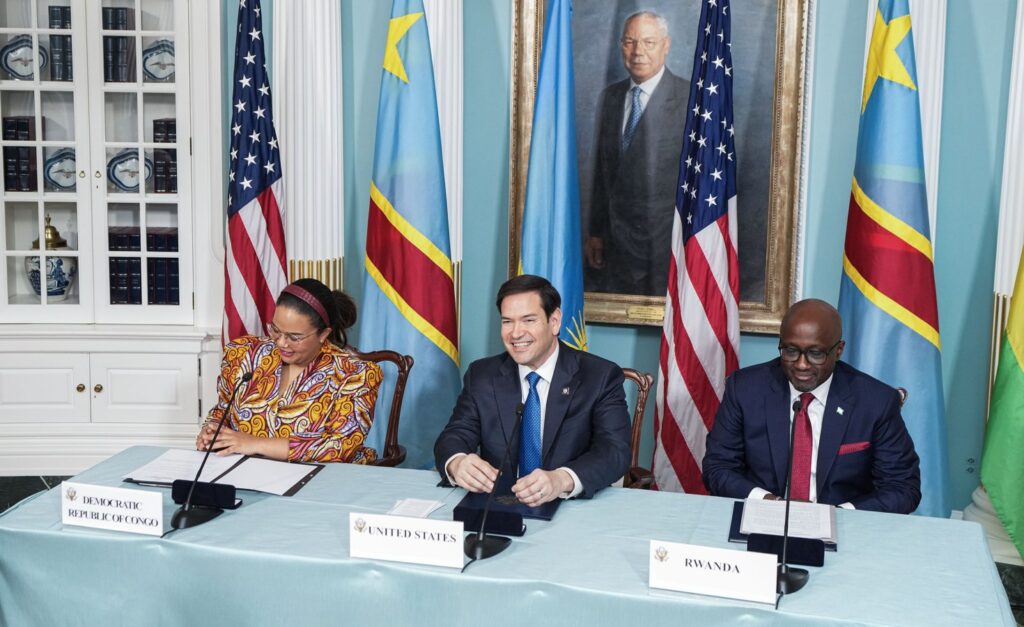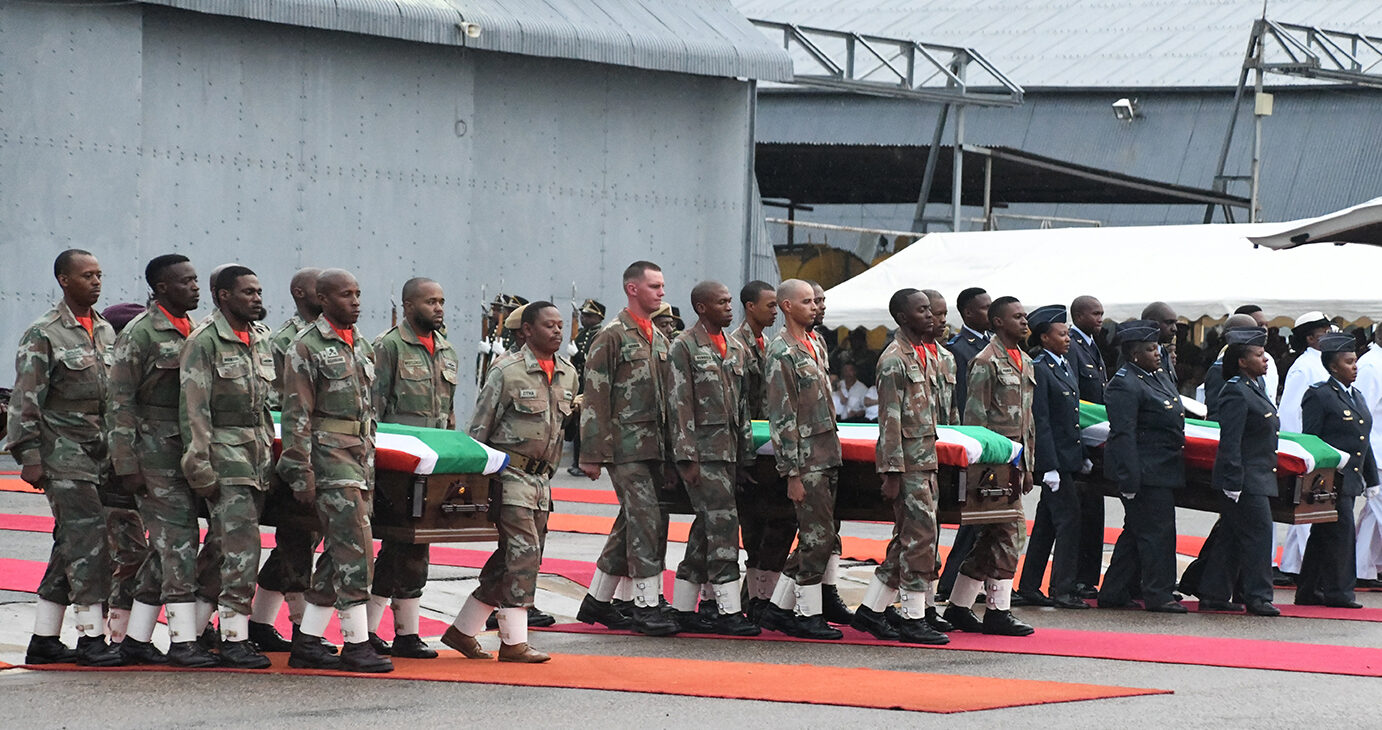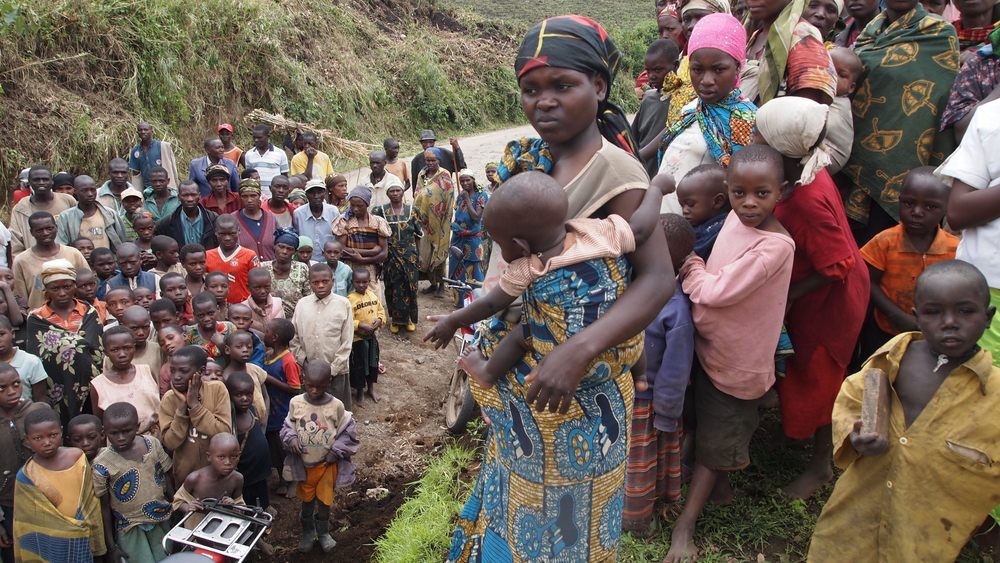

The post Antetokounmpo remains mum on future first appeared on The Brooklyn Times – bklyntimes.com.


The post Antetokounmpo remains mum on future first appeared on The Brooklyn Times – bklyntimes.com.
The post It Helps the US and Ukraine first appeared on Audio Posts – audio-posts.com.
The post The number of Americans filing for jobless claims jumps last week, but remains at healthy levels first appeared on The News And Times – thenewsandtimes.com.
The Chechen factor complicates efforts to ease Azerbaijani-Russian tension | Eurasianet https://t.co/DEETNm9kdq
— Michael Novakhov (@mikenov) May 1, 2025
The post The Chechen factor complicates efforts to ease Azerbaijani-Russian tension first appeared on FBI Reform – fbireform.com.
The Chechen factor complicates efforts to ease Azerbaijani-Russian tension | Eurasianet https://t.co/DEETNm9kdq
— Michael Novakhov (@mikenov) May 1, 2025
The post Azerbaijan to host European Judo Cup for Cadets first appeared on The South Caucasus News – SouthCaucasusNews.com.

Rwanda and the Democratic Republic of Congo (DRC) have signed a deal brokered by the United States to resolve the ongoing conflict in eastern DRC. While the agreement is being hailed as a diplomatic breakthrough, scepticism remains regarding its ability to establish lasting peace, particularly given the repeated collapse of previous ceasefires since late 2021.
Observers have also expressed concern that a focus on strategic minerals could attract additional stakeholders and complicate negotiations.
The Memorandum of Understanding (MoU) was signed in Washington by DRC Foreign Minister Thérèse Kayikwamba Wagner and Rwandan Foreign Minister Olivier Nduhungirehe, with US Secretary of State Marco Rubio in attendance. The Trump administration has prioritised ending the conflict as part of broader efforts to promote economic development in the Great Lakes region, particularly focusing on the DRC’s critical mineral deposits.
Bram Verelst, a Great Lakes security analyst and senior researcher at the Institute for Security Studies, characterised the signing of the MoU as a step forward but cautioned that much work remains to be done.
“The diplomatic situation is fragile, and the negotiation process remains opaque, with no clarity on whether economic or resource-related issues will be included,” he noted.
Verelst emphasised that while resources play a role in the conflict, political dynamics are equally critical. He warned that the emphasis on securing strategic minerals could introduce additional actors and interests, further complicating negotiations. He also highlighted the weakened domestic position of DRC President Félix Tshisekedi, which could further hinder the peace process.
Withdrawal of South African troops taking place “by road”
The Southern African Development Community (SADC) has begun withdrawing its troops from eastern DRC as part of broader regional security developments. The SADC mission, launched in 2022 in response to escalating violence, deployed forces from South Africa, Malawi, and Tanzania under the SADC Mission in the DRC (SAMIDRC). Despite efforts to bolster security, the mission faced logistical challenges, hostile engagements, and accusations of exacerbating tensions rather than stabilising the region.
By early 2025, following intense clashes and the fall of Goma—a city of significant strategic importance to rebel forces—SADC leaders opted to withdraw troops, marking the end of the mission. The withdrawal has been hindered by logistical issues, including the closure of Goma International Airport, forcing troops to evacuate by road to Tanzania.
An official from the South African National Defence Force (SANDF) confirmed the evacuation process, stating: “Soldiers are moving by road to Tanzania.”
SADC mission a failure
Verelst argued that the SADC mission in eastern DRC ultimately failed, citing Rwanda’s perception of the force as hostile, which prevented it from playing a stabilising role similar to the East African Community Regional Force (EACRF).
Despite the mission’s shortcomings, he stressed that SADC still has an important role to play in regional peace negotiations, given that stability in the DRC directly affects neighbouring countries, including those in SADC.
“There needs to be an effort to harmonise regional efforts into a coherent process, but I’m sure SADC will continue to have a role to play,” Verelst remarked.
Ramaphosa’s withdrawal strategy criticised

The South African withdrawal has drawn sharp criticism, described as “chaotic and poorly coordinated” by former Shadow Defence Minister Kobus Marais.
While Marais welcomed the start of the repatriation process, saying, “It is clearly very good news that the repatriation of our SAMIDRC soldiers and equipment has commenced from Goma and Sake in eastern DRC,” he lamented the inability to return equipment via Goma Airport.
Marais described it as a missed opportunity for a safer and faster withdrawal and urged the Commander-in-Chief, the Ministry of Defence, and SADC to ensure the immediate and safe return of all South African soldiers and military equipment.
He also said that SANDF members in Sake have received no communication on their evacuation and have reported shortages in containers.
Questioning the initial deployment decision, Marais argued that South Africa should never have engaged in the mission, saying: “It was never our war. It boggles my mind why President Ramaphosa was so persistent in authorising this unjust, unaffordable, and unsustainable foreign deployment, especially given the dire state of SANDF’s defence capabilities.”
He further emphasised the need for a realistic defence policy, calling for the replacement of South Africa’s illogical 2025 Defence Review with a more strategic plan.
Conflict escalation and humanitarian toll

The conflict in eastern DRC has worsened significantly in recent years, particularly with the resurgence of M23 rebels, widely believed to be backed by Rwanda.
In January 2025, M23 forces seized control of Goma, displacing over 400,000 people and raising grave humanitarian concerns. Heavy fighting between M23 and SADC forces resulted in the deaths of 14 South African soldiers earlier this year.
The deteriorating situation has deepened tensions between Kinshasa and Kigali, with the Congolese government accusing Rwanda of direct military involvement in the conflict.
With reports of widespread human rights violations, including sexual violence used as a weapon of war, humanitarian organisations are calling for greater intervention and protection measures.
While the US-brokered peace agreement signals diplomatic progress, concerns remain about its implementation and long-term effectiveness. The withdrawal of SADC forces, political fragility, and ongoing violence suggest that achieving sustainable peace will require comprehensive negotiations beyond mineral interests.
The post US-brokered DRC-Rwanda peace deal sparks hope, but mining interests may attract new players first appeared on National Security News.
The post US-brokered DRC-Rwanda peace deal sparks hope, but mining interests may attract new players first appeared on JOSSICA – jossica.com.
–
It’s important to clarify the historical context of the Chechen conflicts and the current situation. Here’s a breakdown:
The Chechen Wars:
Current Situation and Ramzan Kadyrov:
Key Points:
I hope this helps.
There are rumors circulating about serious disagreements between Chechen leader Ramzan Kadyrov and Vladimir Putin. Kadyrov has reportedly declared a “blood feud” against Russian legislators, which suggests growing tensions between him and the Kremlin. However, there is no confirmed evidence that Russia has entered a Third Chechen War at this time.
If you’re interested in the historical context, Chechnya has experienced two brutal wars with Russia in the past—one in 1994-1996 and another in 1999-2000—as part of its struggle for independence. Some experts believe that Russia’s imperialist ambitions in Chechnya were a precursor to its aggression in Ukraine.
World News – 2024 – Video Playlist | Video Playlists | Sites: | newsandtimes.org | links-newsandtimes.com | worldwebtimes.com | southcaucasusnews.com | russianworld.net | jossica.com | octobersurprise2016.org | bklyntimes.com | oceanavenuenews.com | fbireform.com | bloggersunite.net | octobersurprise-2024.org | Trump-News.org | Audio-Posts.com | Bklyn-NY.com | Posts Review – newsandtimes.org